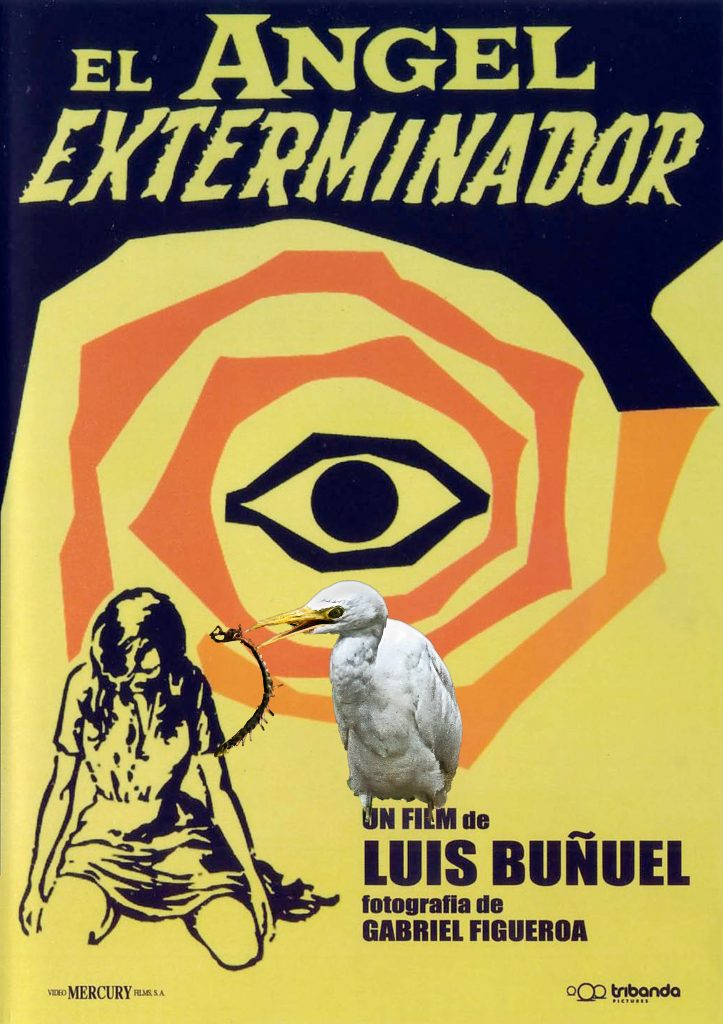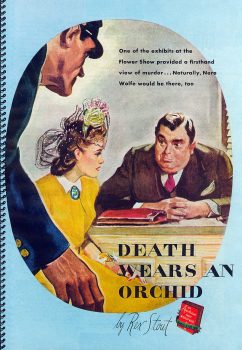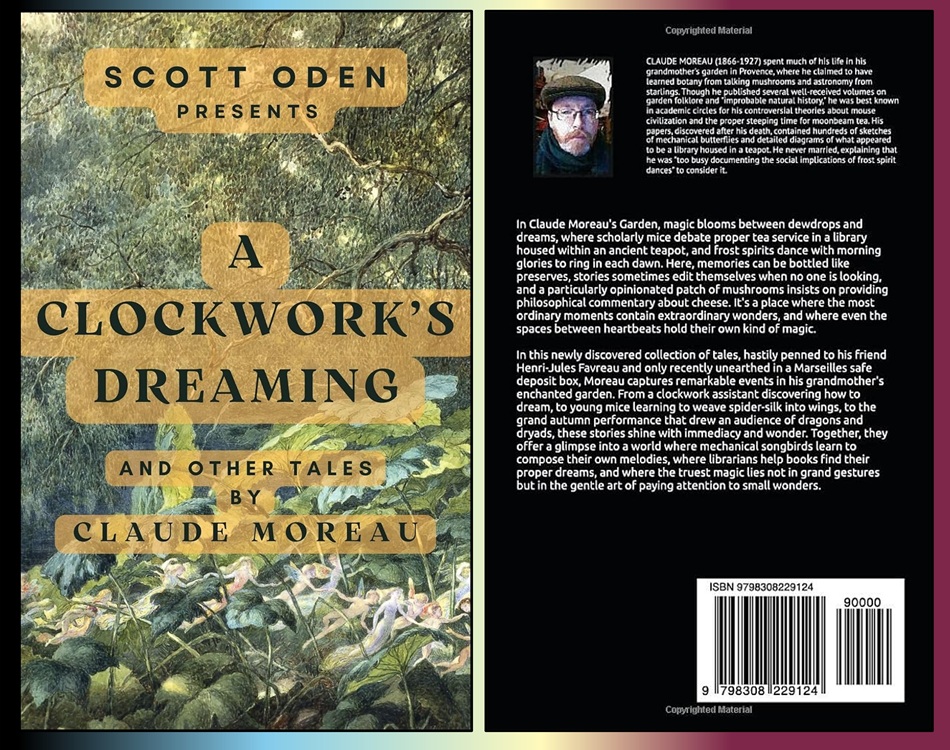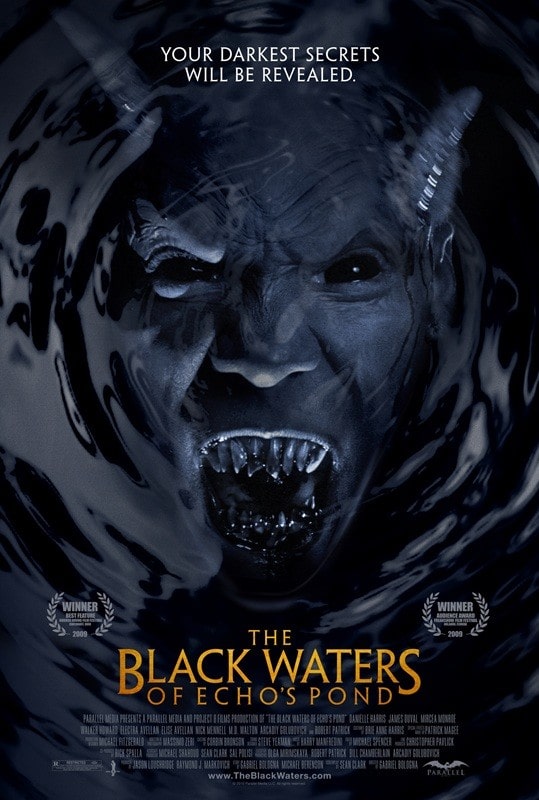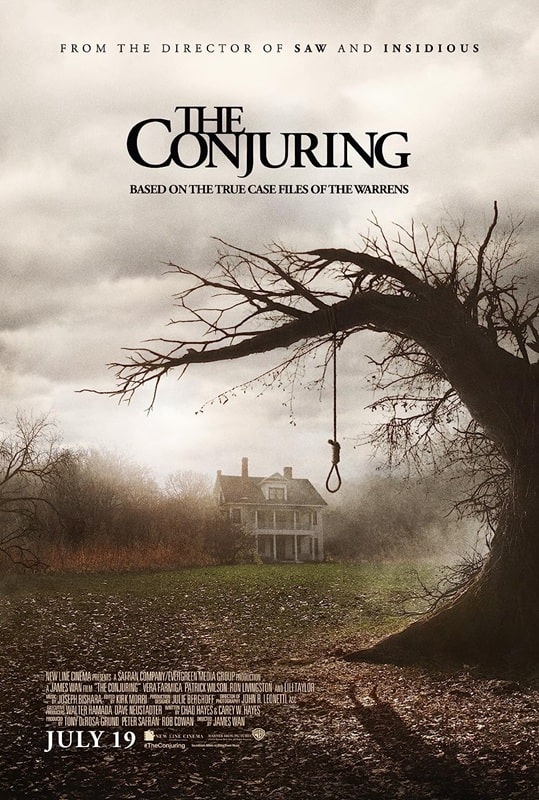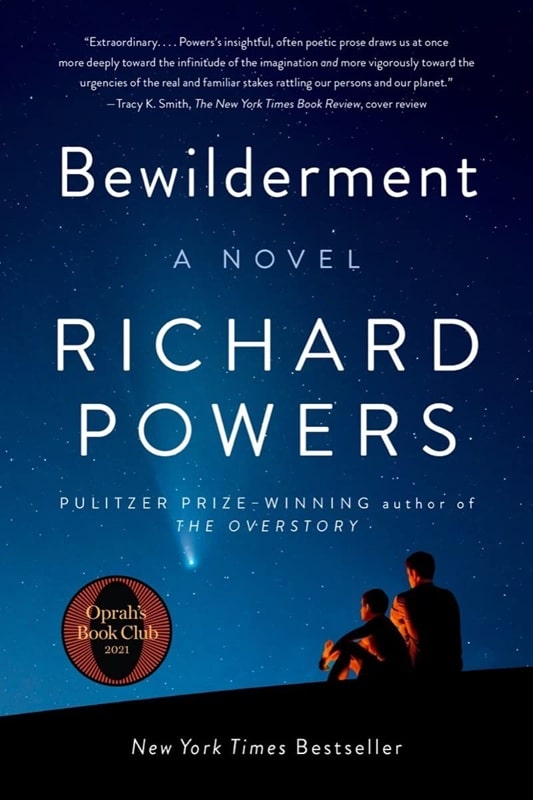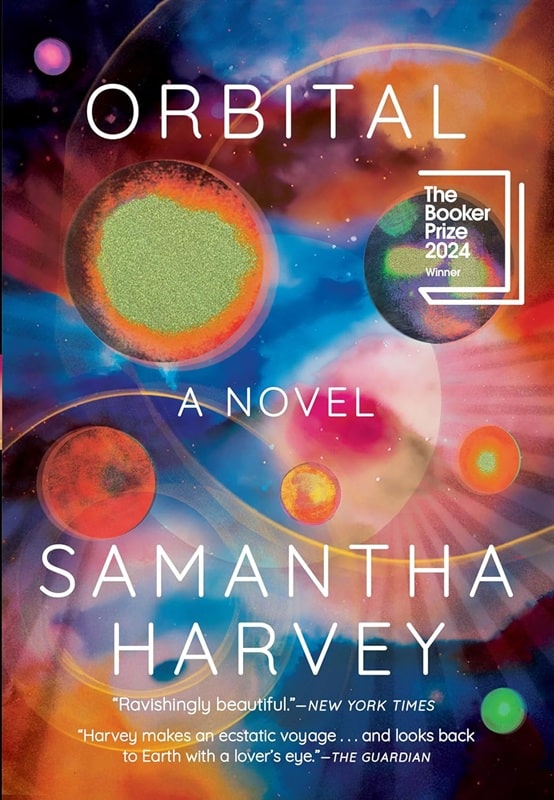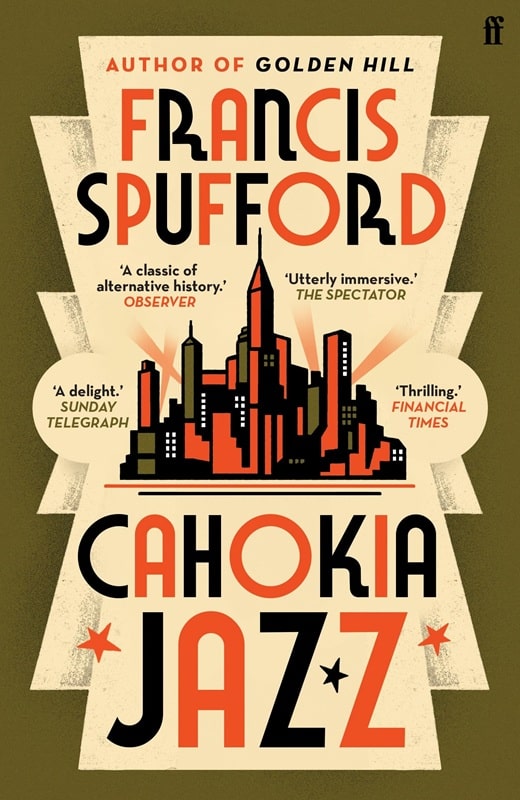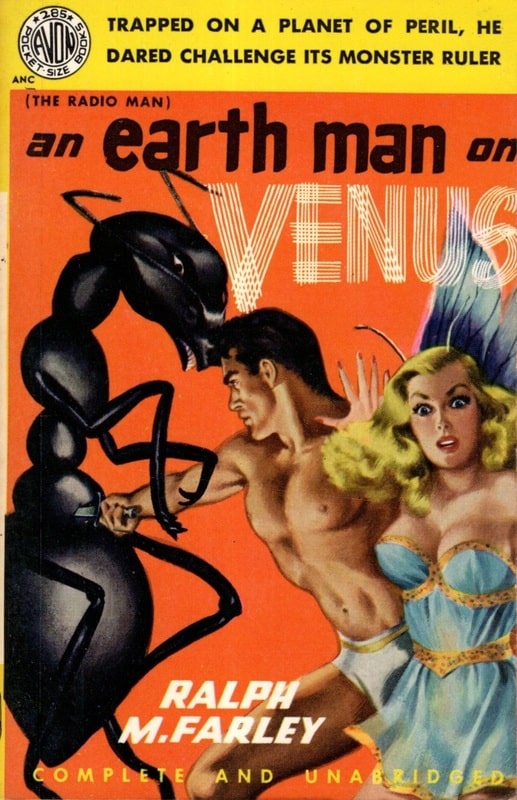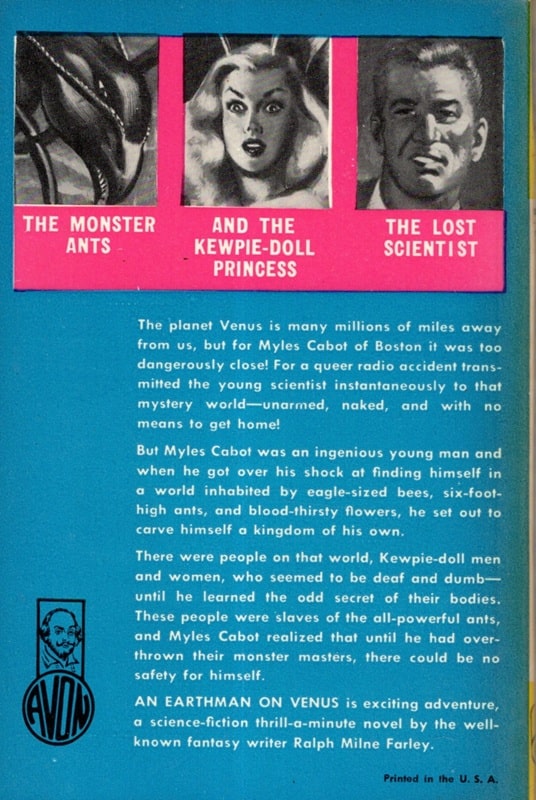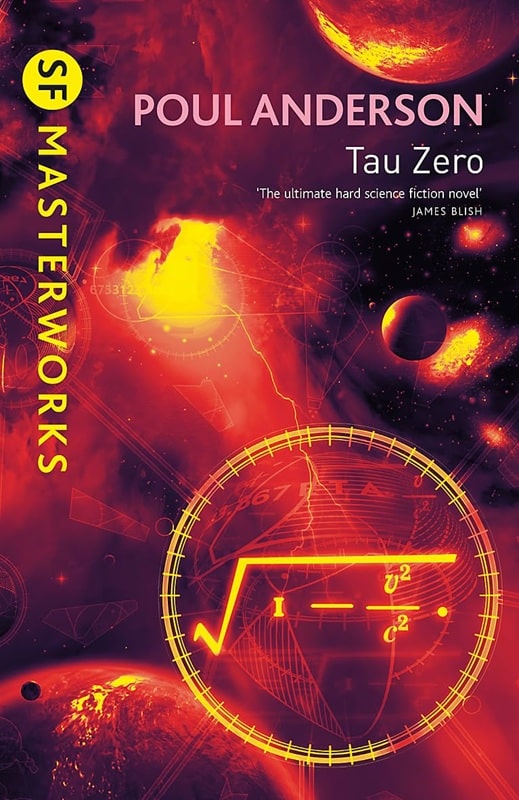Goth Chick News: The Night We Podded Out
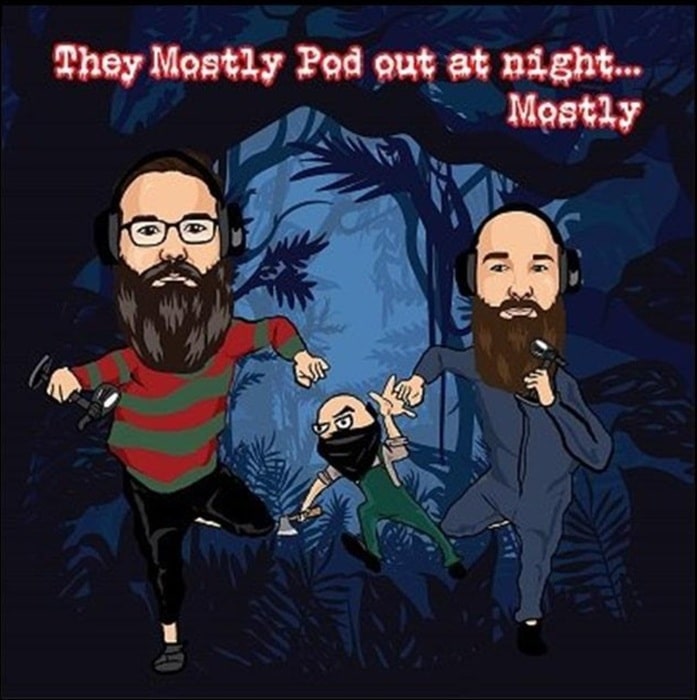
One of the best parts of my Black Gate side hustle is the cool people we get to meet, and there’s nothing more exciting than connecting with those who are most definitely “our people.” I am embarrassed to admit that the Fall Days of the Dead show in Chicago last November was my first encounter with the geniuses behind the podcast They Mostly Pod Out at Night, Mostly, who go by the monikers Graveyard and Salem. And after all, who doesn’t love an Aliens reference?
They Mostly Pod Out at Night, Mostly is a weekly podcast dedicated to all things horror. Each episode features in-depth discussions, covering a range of topics from classic and contemporary horror films to broader themes within the genre. The hosts provide insightful analysis, engaging reviews, and lively conversations that appeal to both casual viewers and die-hard horror enthusiasts. Their passion for horror is on full display as they explore the intricacies of various movies, offering listeners a comprehensive understanding of the genre’s evolution and impact.
Since meeting them in November I’ve become a regular listener, discovering yet another dark and intriguing corner of the horror subculture, and last night I had the honor of being a guest.
